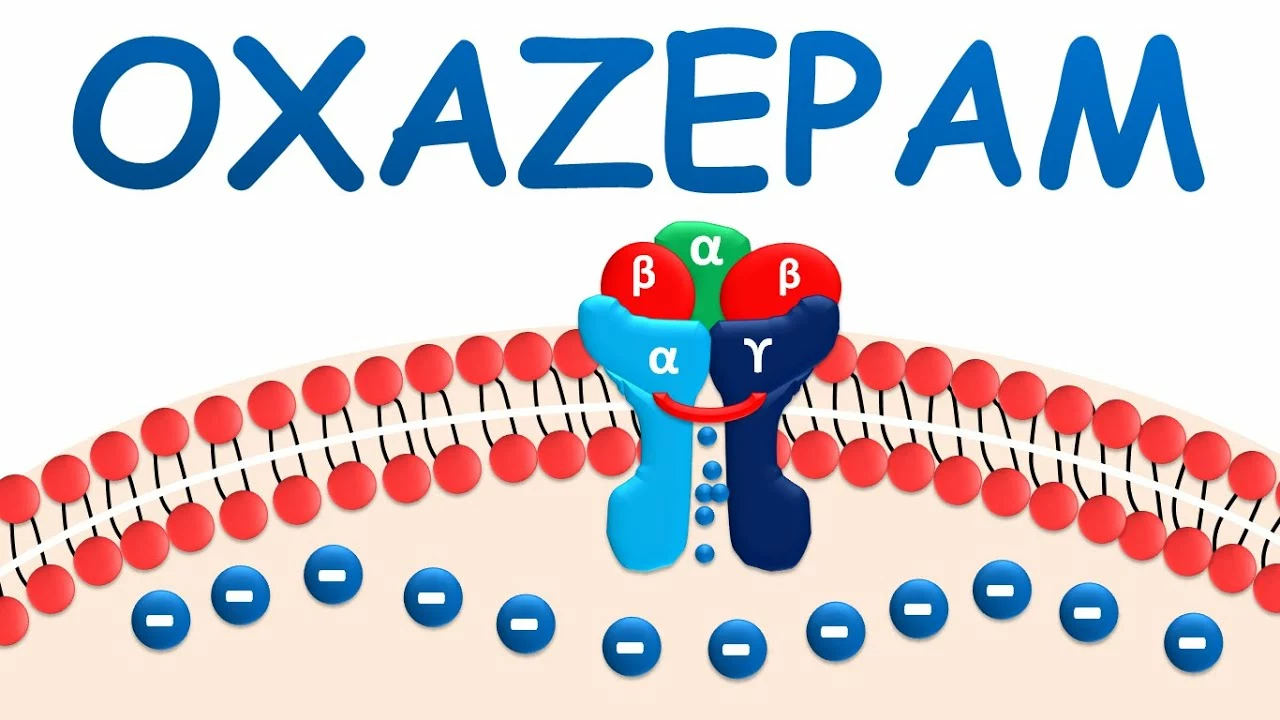Precautions: Practical Safety Tips for Medications
Want to use medicines without surprises? This page gathers clear, real-world precautions you can act on today. You’ll find straightforward advice on avoiding bad interactions, spotting side effects early, buying meds online safely, and protecting kids and older adults. Read these tips before you take a new drug, switch treatments, or order from a foreign pharmacy.
Watch for interactions and side effects
Always check drug interactions before combining medicines. For example, erectile dysfunction drugs like sildenafil can clash with nitrates, and benzodiazepines may affect heart risk in vulnerable people. Use a reliable interaction checker, ask your pharmacist, and keep an up-to-date list of everything you take — prescription, OTC, and supplements. If you notice sudden dizziness, swelling, chest pain, or severe vomiting, stop the drug and seek care right away.
Pay special attention to groups that need extra care. Kids often need different doses and can react differently to medicines like promethazine. Older adults may develop low sodium (hyponatremia) from some drugs, causing confusion or falls. If a medication causes unusual tiredness, balance problems, or sudden mood changes, talk to your doctor about alternatives or dose changes.
Buying medicine online — simple safety checks
Want to order meds online? Look for these red flags: no prescription requirement for Rx drugs, unclear contact info, prices that seem too low, and user reviews that sound fake. Trusted sites will require a prescription, show a real pharmacy address, and have secure checkout (https). If you’re importing meds, check customs rules for your country — some drugs are restricted or limited in quantity.
Use these steps before you click buy: confirm the pharmacy is licensed, read the shipping and returns policy, check active ingredient names (generics vary by region), and compare the tablet appearance to known images. Avoid suppliers that pressure you to skip a doctor visit. For high-risk drugs or complex conditions, prioritize local pharmacies where a pharmacist can answer questions in person.
Picking alternatives and switching safely matters. If a drug causes weight gain or other long-term problems, talk about swaps with your prescriber instead of stopping abruptly. When exercising on blood pressure meds, expect different responses — monitor your pulse and blood pressure and adjust activity slowly. For supplements, treat them like drugs: check for interactions and day-to-day effects.
Short checklist: keep a medication list, verify online pharmacies, ask about interactions, watch high-risk groups, and report side effects early. These steps cut risk and help you get the benefits of treatment without avoidable harm. If you need specific guidance, click any article on this tag for detailed, practical advice tailored to that medicine or situation.
31
Acitretin and Tattoos: What You Need to Know
Hey there, ink enthusiasts and skin art connoisseurs! Today we're delving into the compelling world of Acitretin and tattoos. It's a wild ride, I promise! Now, Acitretin is a medication that treats severe psoriasis, but hold onto your tattoo guns, because it's got a zany side effect: it can mess with the healing of tattoos! This can lead to some pretty gnarly distortions in your fresh ink, and knowing is half the battle, right? So, before you pop that pill and hit the tattoo parlor, maybe have a chat with your doc. Keep your tattoos looking fabulous, folks!
Latest Posts
Popular Posts
-
 Extended Use Dates: How the FDA Extends Drug Expiration Dates During Shortages
Extended Use Dates: How the FDA Extends Drug Expiration Dates During Shortages
-
 Meniere’s Diet: How Sodium Restriction and Fluid Balance Reduce Vertigo and Hearing Loss
Meniere’s Diet: How Sodium Restriction and Fluid Balance Reduce Vertigo and Hearing Loss
-
 OTC Heartburn Medications: Antacids, H2 Blockers & PPIs Explained
OTC Heartburn Medications: Antacids, H2 Blockers & PPIs Explained
-
 Enteral Feeding Tube Medication Safety: Compatibility and Flushing Protocols Explained
Enteral Feeding Tube Medication Safety: Compatibility and Flushing Protocols Explained
-
 Magnesium Supplements and Osteoporosis Medications: What You Need to Know About Timing
Magnesium Supplements and Osteoporosis Medications: What You Need to Know About Timing



